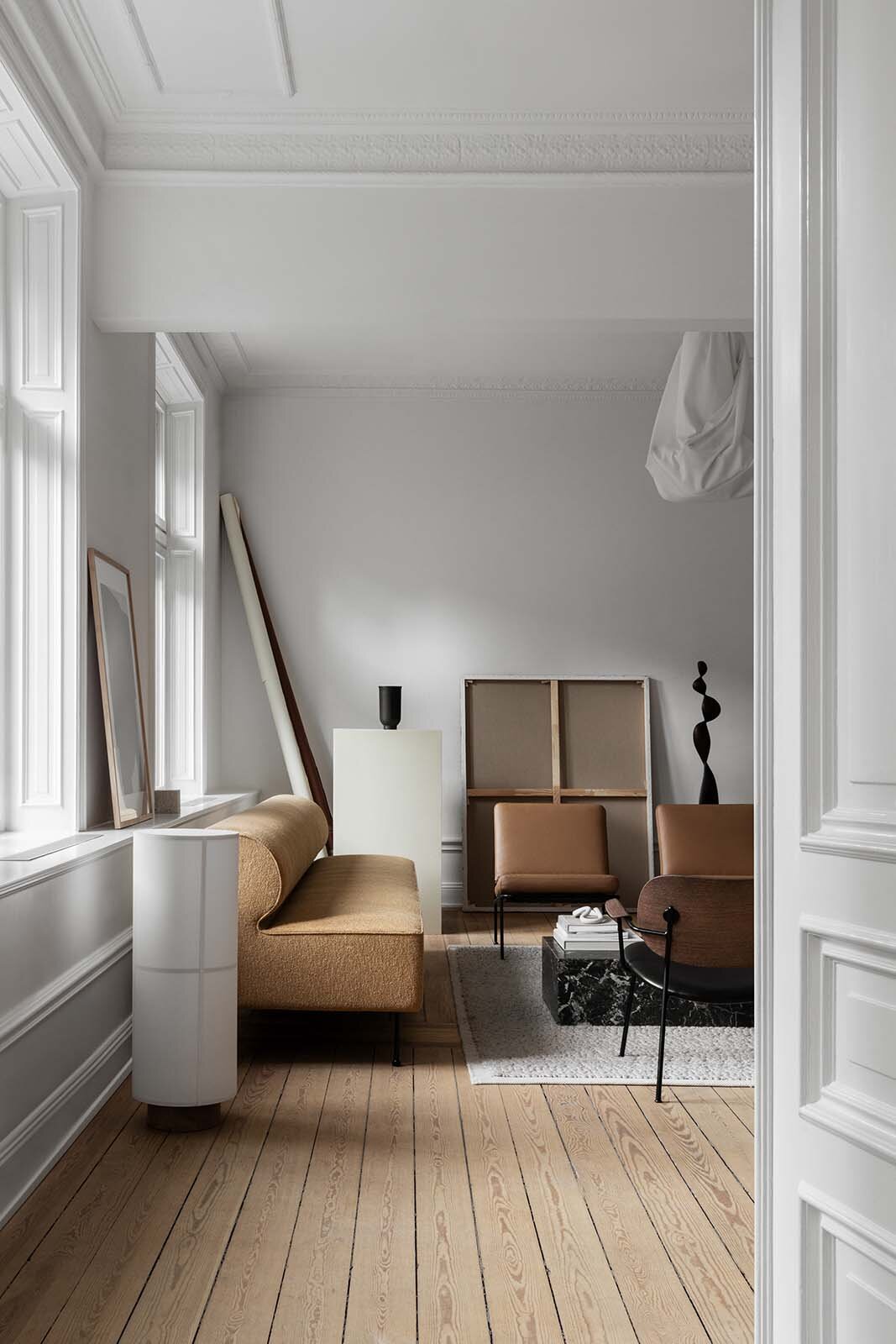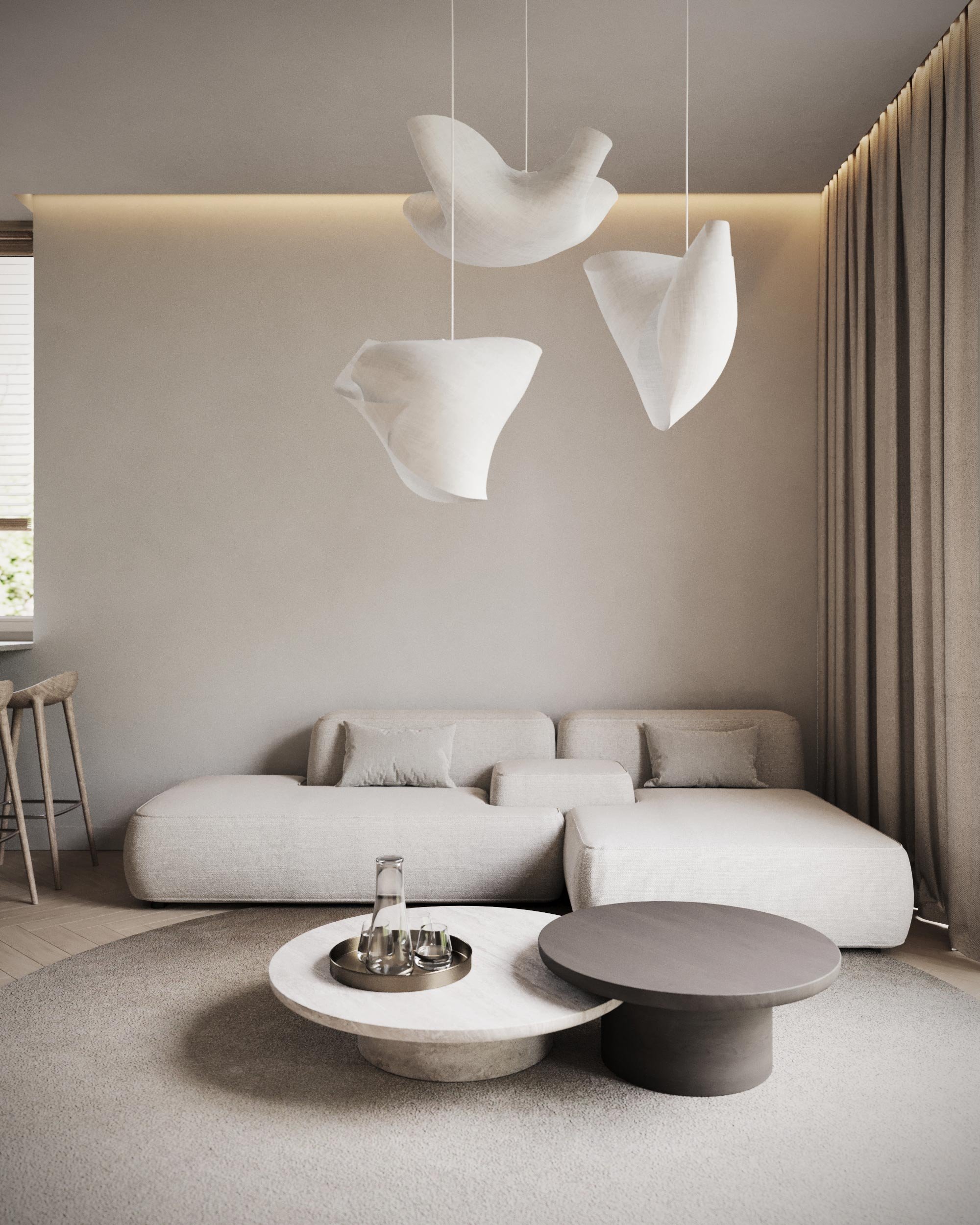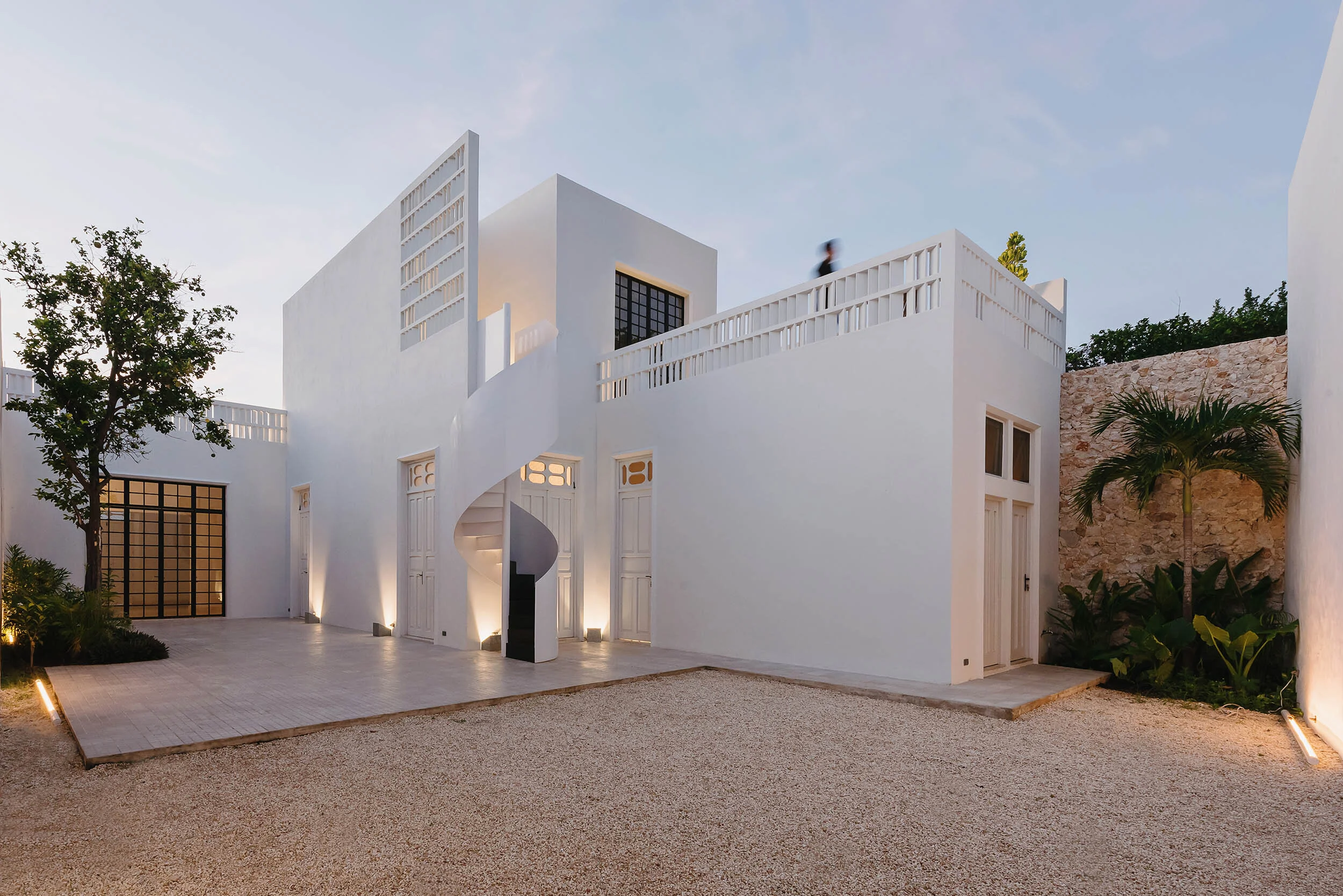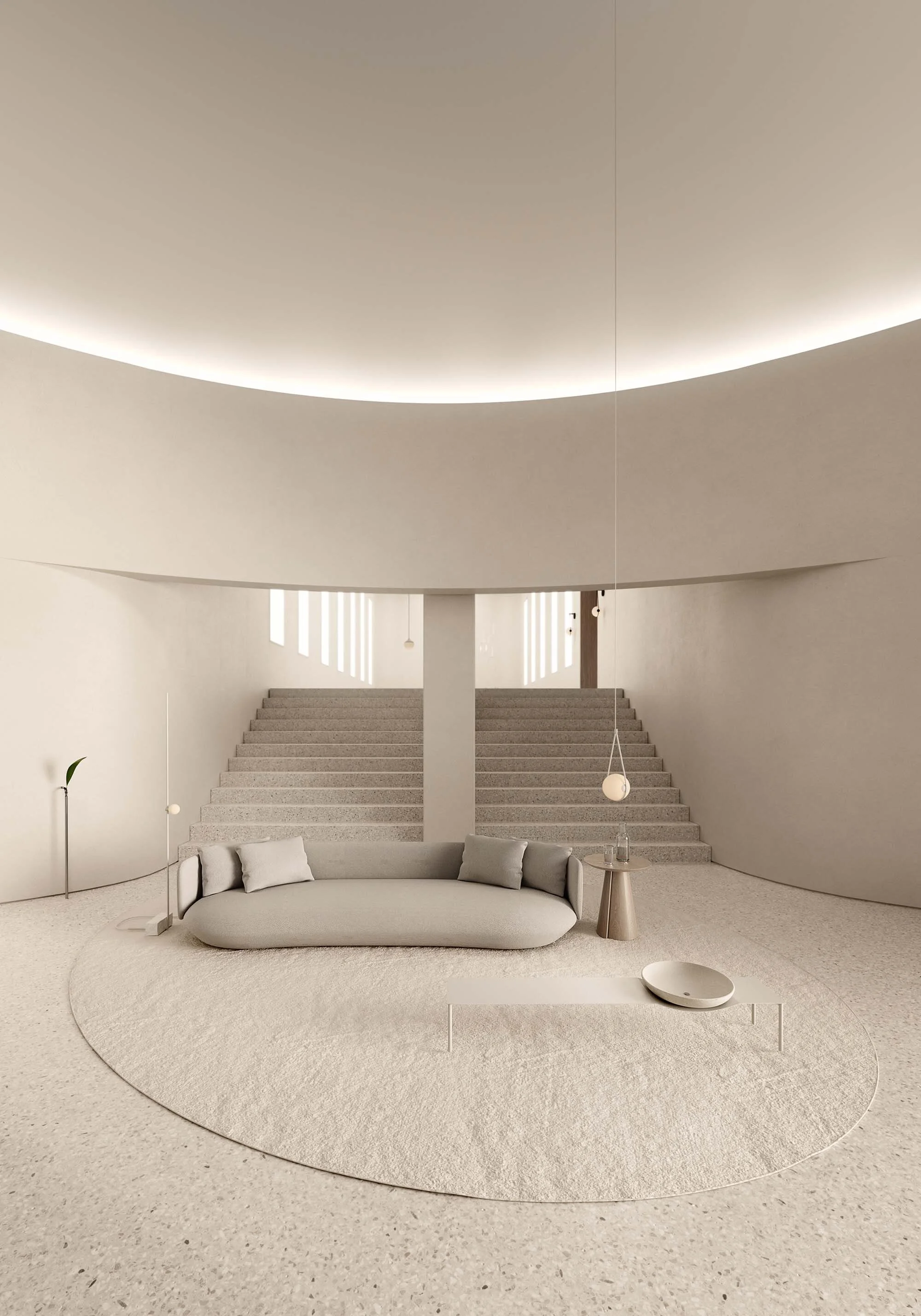Merō Studio Combines Words with Visuals in Compelling Projects
Merō Studio Combines Words with Visuals in Compelling Projects
Talking About the Art of Storytelling Through Creative Studio Merō
Name:
Merō Studio
Photography:
Merō Studio
Words:
Caroline Meeusen
Specializing in photography, art direction, copywriting, and strategy consulting, the Copenhagen-based creative studio Merō offers a very versatile concept, created by founders Monica Steffensen and Alona Vibe. The two had been following each other’s work for a while and one day, they decided to meet up for coffee. Back then, Alona worked at a consultancy firm and was finishing her master’s degree and Monica worked part-time at Norm Architects with photography, copywriting, and PR. When they met again for lunch half a year later, it became clear that they were destined to do great things together in the world of design.
With Merō, the Japanese word for “mellow,” they chose the perfect name, representing their aesthetics and principles: “Euphonious, distinctive and poetic.” Celebrating female entrepreneurship with their unique realizations and motivation, their collaboration translates into appealing projects where soft, sober, and compelling visuals are combined with written compositions. Monica and Alona are true storytellers creating intimate realizations while working closely with their clients. Co-founder Monica talks about the art of storytelling and combining words with visuals.
VISUAL PLEASURE Magazine:
Can you tell me a bit more about the story of Mero Studio. Why did you and Alona decide to found Mero together?
Monica Steffensen: Once when we met up for lunch again, we had a long, interesting talk about our respective work lives and how we were both ready for change, and saw a lot of opportunity in merging our skillsets and approaching the design field as a team, which was somewhat dominated by freelancers — and predominantly male professionals. Then we eventually started playing around with the idea of building something together that could gradually unfold and embrace all the things we enjoy working with creatively. As creatives, as well as individuals, we’re quite alike, and prioritize the same things in life, which, in rearview, has made all the difference, and was essential to our success.
What are Merō’s working methods and/or principles?
We work intuitively and with our heart and soul present in everything that we do. We believe that female entrepreneurship can embrace self-care, vulnerability, and determination equally, allowing us to do business with heart, without losing that edge that drives us and keeps us moving forward. We form close and genuine partnerships with the clients and people that we work with, and so we foster a wholesome, sustainable foundation for our business, which has us enjoy and look forward to going to work every day.
We really enjoy working alongside creatives, diving into their process, understanding their craft (be it furniture design, architecture, pottery, or something else entirely), and having the work that we do be a collaborative effort based on mutual respect for one another. Working with clients who understand and value your craft is the greatest gift of all, and we’re proud and grateful to be in a place where we can prioritize these types of projects and collaborations, making our work as creatives more meaningful, more playful, and intentional.
“We believe that female entrepreneurship can embrace self-care, vulnerability, and determination equally, allowing us to do business with heart, without losing that edge that drives us and keeps us moving forward.”
What makes Merō Studio so unique in the world of creative studios?
We don’t know that we’re unique. Looking at our fellow peers, we feel an immense respect and admiration for what they do and what they’ve accomplished — the people who’ve been in the industry for years and years, as well as newcomers. In Copenhagen, there’s room for all of us, and we think we all bring something to the table—working together as much as we can and drawing on each other’s varying skillsets and expertise whenever it makes sense.
In what way are you storytellers?
Whether it be video content or copywriting for a furniture design company, we always strive to create a mood, a narrative. We think that’s what sets content apart; it has to capture a feeling of some sort. Alona is trained in research-driven, conceptual thinking, having worked strategically with brands as a consultant. I have a background in travel writing and travel photography. So it was interesting to work that into our practice, continuously implementing elements from the strategic and editorial creative approaches.
We recently started Dulcet, a monthly newsletter for contemporary creatives, which was an idea we’d been playing around with since the very beginning. It’s fun to expand on Merō in a direction that is more editorial, and we hope to unfold this universe, eventually having it become a fully-accessible platform of resources and inspiration for fellow creatives.
How would you describe Merō’s style?
Being a small production firm, we don’t know that we have a style as per se, but we do identify with a general aesthetic direction, and we’d like to think that’s what brands buy into when they decide to work with us. We also think we’re in a (somewhat privileged) position of being able to work with the brands we identify with as people and as creatives so that we maintain a somewhat cohesive portfolio of work. We would, in that case, say that our style is warm minimal, maybe? Keeping things simple leaves room for the story worth telling, the product—the concept. It also ensures some degree of timelessness — it feels more meaningful, more sustainable to create content that can live for a longer period of time, and we feel confident that we can achieve that through minimal, yet warm and inviting compositions. Having said that, we’re both inspired and drawn to more playful elements, whether we create video content or still life photography, and we think it’s important to maintain that curiosity and contemporality.
What do you love most about your job?
We both value what it entails to be the founder and director of a company; the ability to make decisions and execute on ideas without meeting bureaucracy, as well as managing our time freely which provides us with great flexibility in both our work and personal lives. And obviously getting to do what you love for a living feels like such an immense privilege. Even on tough days of demanding clients or stressful deadlines, or when having to work weekends from time to time, it’s still hard to complain.
“We always strive to create a mood, a narrative. We think that’s what sets content apart; it has to capture a feeling of some sort.”















